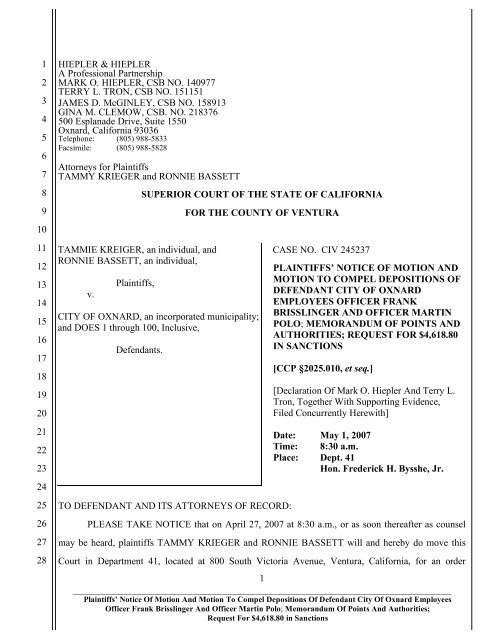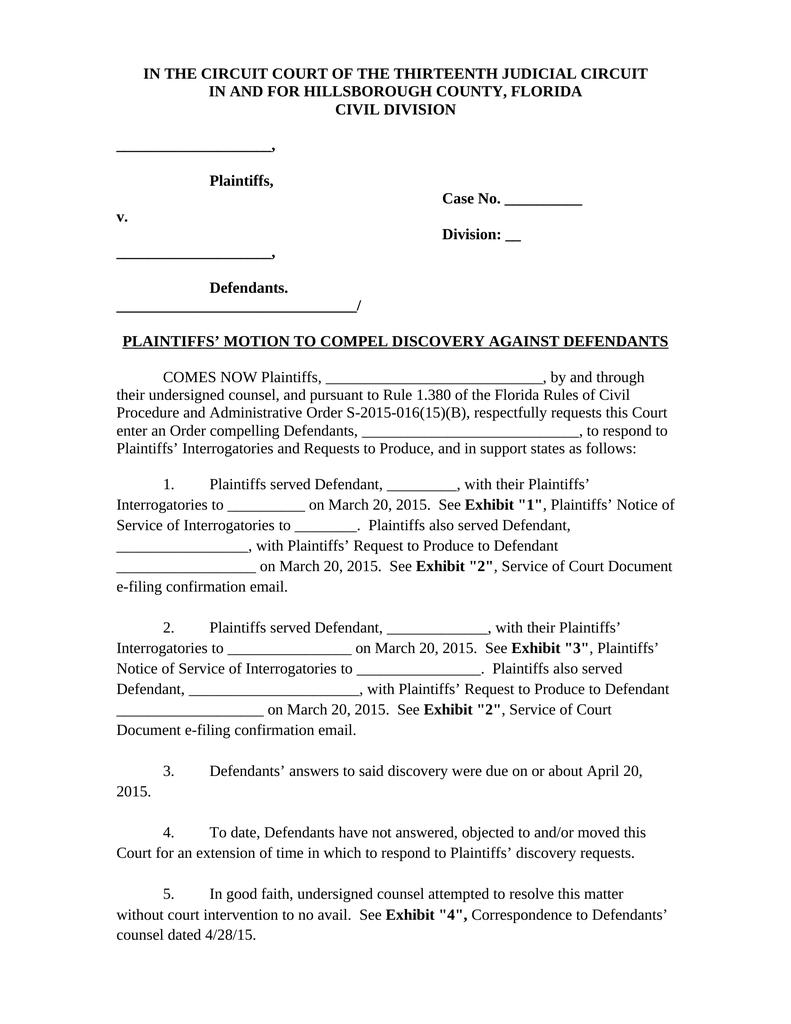



In most jurisdictions, a subpoena duces tecum can be issued and signed by an attorney, who is an officer of the court. This type of subpoena is commonly served on people who are custodians of documents, such as an accountant, or a records officer. Subpoena Duces Tecum – A court summons requiring a witness or third party to appear at a deposition, bringing with him certain specified documents.It is just as legally binding as a court-ordered subpoena. In most jurisdictions, a subpoena can be issued and signed by an attorney, who is an officer of the court. Subpoena – A court summons requiring a witness to appear for a deposition, or in court.Request for Inspection – A request to be allowed to look at certain tangible items, other than written documents, the other party has in its possession or control.Documents commonly requested include bank statements, tax documents, pay stubs, letters, memos, emails, etc. Production of Documents – A written request for a party to a legal action to provide certain specified documents, or other tangible things (such as video or audio recordings).Responses must be provided in writing, under oath. Request for Admission of Facts – A written request for a party to a legal action to admit certain specific facts.Interrogatories – Written questions sent to one party to a legal action which must be answered in writing, under oath.Deposition – A legal proceeding outside court in which a party to the legal action, or a witness, is asked questions, to which he must respond under oath.Points and Authorities – a written statement of the legal reasons the court should grant the request made in the motion Types of Discoveryĭiscovery – the process of requesting and obtaining information from an opposing party to a legal action – takes many forms.Motion – a petition specifying what is being asked of the court (sometimes referred to a “petition”).Notice of Motion – a written notice to the opposing party that the motion has been filed with the court, and the date on which a hearing will be held.
#Motion to compel trial#
While a motion may, in some instances, be made orally during a trial or hearing, a motion generally must be made through a set of written documents. Motion to Compel – a request that the court order a party to the legal action to do something, which has previously been ordered, or which is within the bounds of normal procedure Filing a Motion.Motion for Sanctions – a request that the court impose sanctions, or a “penalty,” on a party to the case for some wrongdoing in administering the case.Motion for Modification – a request that the court change, or “modify,” a previously made order of the court, such as a child custody order.Motion to Dismiss – a request for the court to dismiss the lawsuit or legal action without a decision in favor of either party.Motion to Continue – a request to postpone a hearing or trial to a later date.Motions are commonly made for a wide variety of purposes, such as: The types of motions that may be made, and the procedure for making a motion is governed by the rules of court for the specific jurisdiction. A motion can be filed at any point during a legal action, when something pertaining to the case itself is disputed. In the U.S., a motion is a tool used to ask the court to make a decision on something. A legal request that a court of law compel one party to a legal action to provide evidence to another party to the action.


 0 kommentar(er)
0 kommentar(er)
